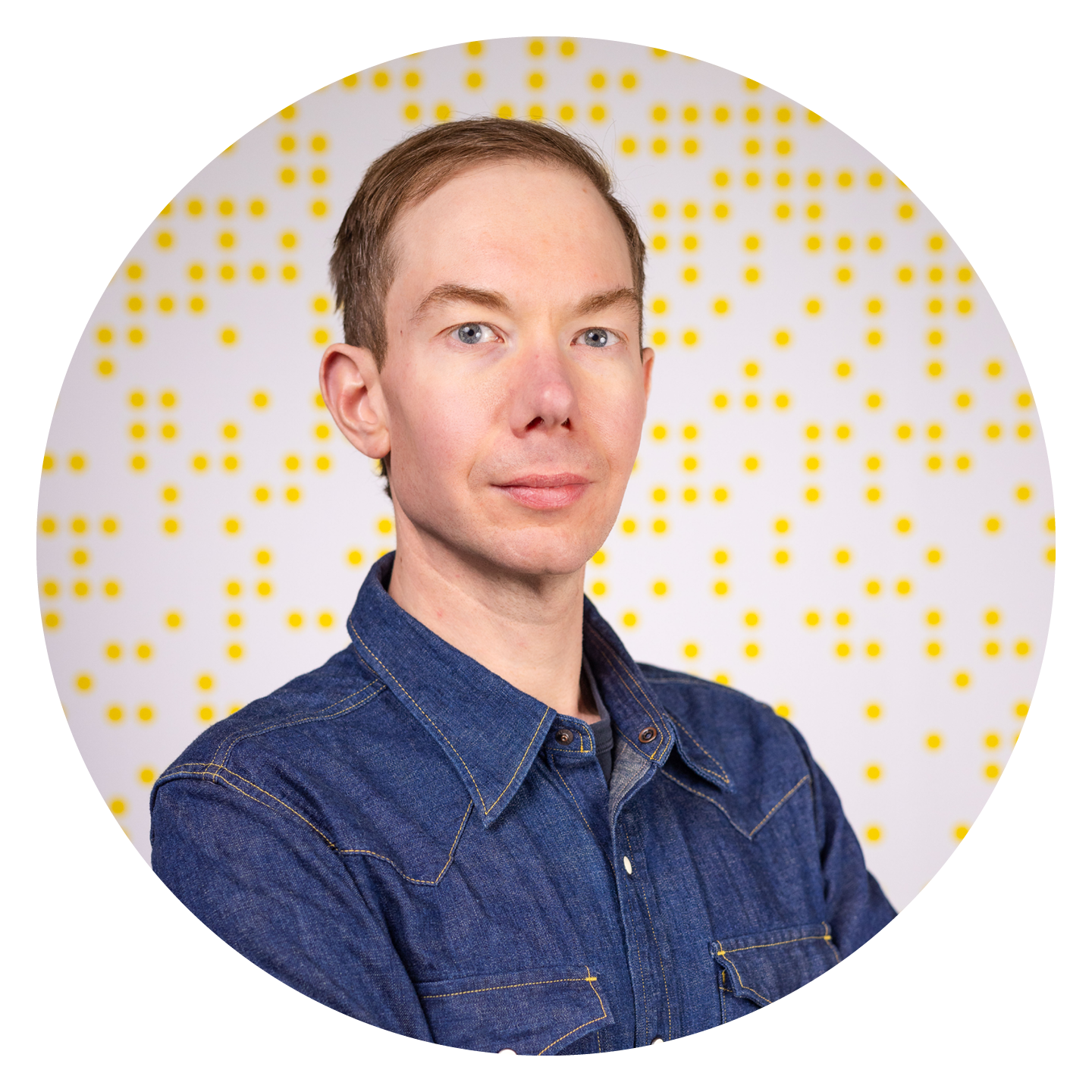Each year, the Alberta Council for Global Cooperation (ACGC) highlights 30 young leaders making a difference in their communities and beyond. This year, 10 of those recipients are U of A students or alumni tackling issues from social justice and Indigenous advocacy to global education and health awareness.
I caught up with three of this year’s U of A student recipients. Over the next three weeks, we’ll feature Mel Wilk, Benjamin Kucher and Grace Kunnel to learn more about their work, how their time at U of A has shaped their vision and what’s next for them.
Mel Wilk: Bridging cultures through education and global dialogue
For Mel, education isn’t confined to the classroom. As a graduate student, program assistant and sessional instructor for the U of A’s Cuba Study Abroad Program (as well as a YouAlberta blogger!) she helps students engage with global issues firsthand.
Beyond the classroom, Mel’s deeply involved in social justice initiatives, working to amplify underrepresented voices and advocate for gender equality. She believes in active hope – the idea that meaningful change comes from action, not just intention.
Over the past eight years, Mel’s harnessed this commitment to foster intercultural dialogue and build bridges between Canadian and Cuban communities through transformative, experiential learning opportunities. Collaborating with local organizations such as the Cuban Institute of Friendship, the Saíz Brothers Association, Casa del Caribe and La Casa de Las Tradiciones, she connects global solidarity with local realities.
Now, as she embarks on a PhD in political science at U of A with a focus on Cuba, international political economy and migration, Mel continues to create opportunities for learning, empowerment and social change.
How has your experience at U of A influenced your commitment to active hope and your work in fostering intercultural dialogue?
I first learned about active hope while taking Augustana’s Spirit of the Land course, a land-based education program that brought students and community members together to talk about environmental issues and visit sustainable farms in the area. The idea of active hope resonated with me because, at the time, I had a lot of eco-anxiety due to learning more about the realities of climate change – and I didn’t know how to have hope given these concerns.
The idea of active hope, as explored by Joanna Macy, is all about building hope through action. I made it my mission to continue learning, working with others and contributing positively to social change, even in small ways, so that I could transform my sense of existential dread into some form of hope.
At Augustana, there were a plethora of amazing opportunities to practice active hope. I got involved with organizations like the Camrose Pride Committee, the Augustana Queers and Allies, the Alberta Center for Sustainable Rural Communities, Red Willow Publishing and Win EcoSciences.
I also had the opportunity to study abroad in Santiago de Cuba with the Universidad de Oriente-University of Alberta Cuba study abroad program, which was life-changing. I was inspired by the relationships I built with Cuban students and community members, which fundamentally changed my perspective on the world and highlighted the transformative potential of intercultural dialogue.
Now, almost a decade later, I’ve continued to be involved in the program, which remains a key part of my practice of active hope. The U of A opened so many doors that allowed me to find my strengths and learn how to contribute to social change.
What role do your international collaborations play in bridging the gap between global solidarity and local realities?
International collaborations are an important foundation for creating transformative learning experiences. Developing these collaborations through strong relationships allows for mutual learning and empowerment between groups.
For students learning about international relations, there’s a major focus on the macro level and usually very little focus on the local level or cultural, social and political contexts. A lot of nuance and complexity are often overlooked in traditional academic settings, especially in Western countries. Building relationships between Canadian and Cuban communities allows for the diversity of lived experiences to be shared and for collective learning to take place.
Students develop a sense of local realities that expands their worldview and often inspires them to take action on various issues as members of a global community. All in all, connecting the local and the global through educational opportunities requires collaboration!
Can you share an experience from the Cuba study abroad program that reinforced your belief in the power of active hope to drive social change?
I’ve had so many powerful experiences in Cuba and watched students learn, grow and change through the course of the program.
One moment I’ll never forget is when a student told me, “My political values have completely changed because of you and this program.” Though many similar moments have happened since, this was the first time that it truly set in how the Cuba program and my work within it can foster transformational learning experiences that expand students’ worldviews and perspectives in positive ways.
Since then, my engagement in academic settings has consistently reinforced my aspiration to contribute meaningfully to social change and with my dedication to active hope. It’s a reminder to me that the changes happening at the micro or individual level are just as important as macro or global evel changes.
On a broader scale, these experiences have shown me that the role of education is pivotal for driving social change, which is why I am dedicated to pursuing a PhD in political science and continuing to develop a career in academia.
This year’s Top 30 Under 30 recipients from U of A are proving that local action can create global change. Through education, advocacy and research, they are inspiring the next generation of students to think bigger and make a difference wherever their passions take them.

